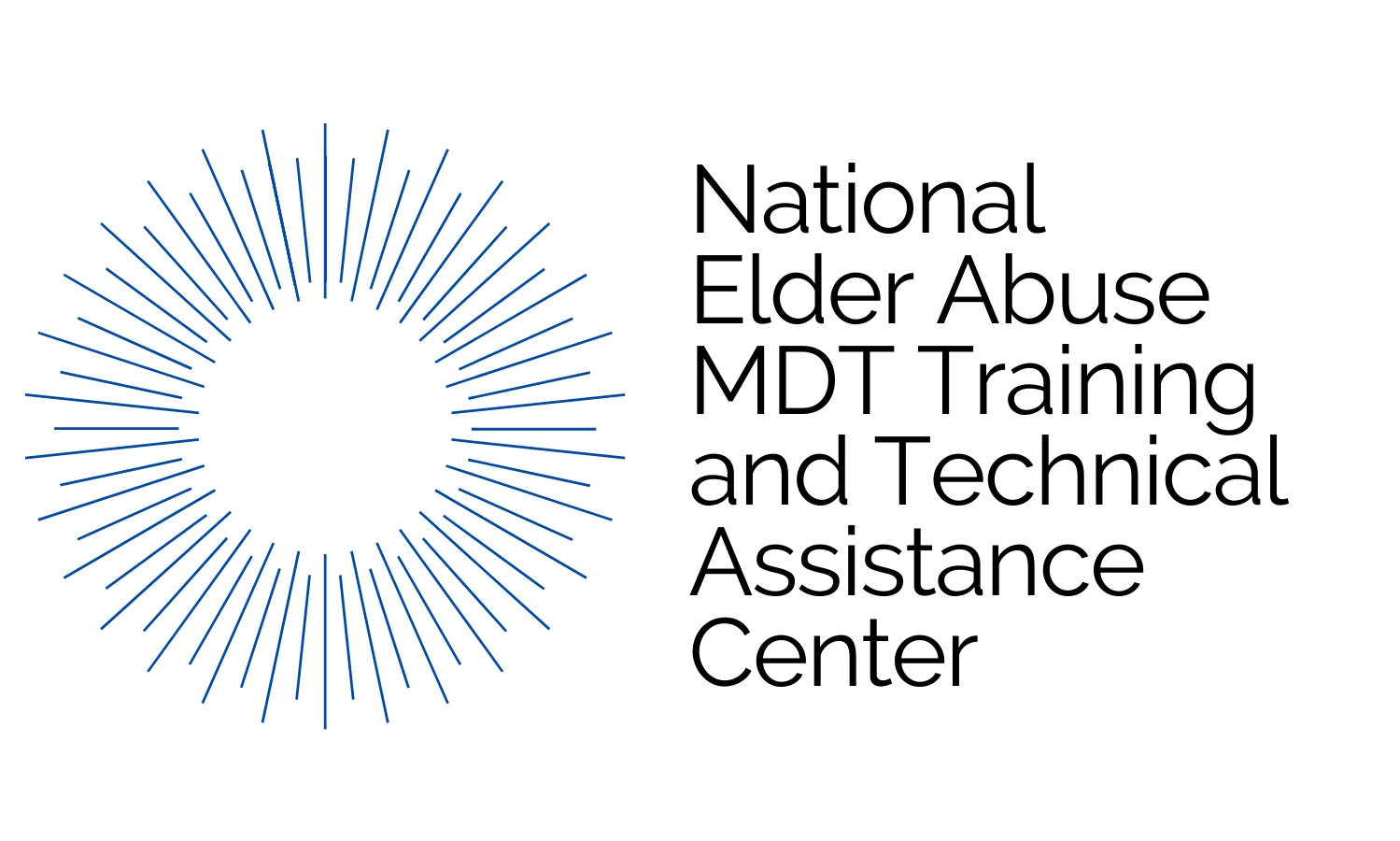How Governmental Funding Can Support E-MDT Work (8.29.2023)
Join the National Elder Abuse Multidisciplinary Team Training and Technical Assistance Center at this webinar to continue our conversation about funding considerations for your E-MDT work. Sustaining your work beyond your current grant can seem daunting, with many factors to…



